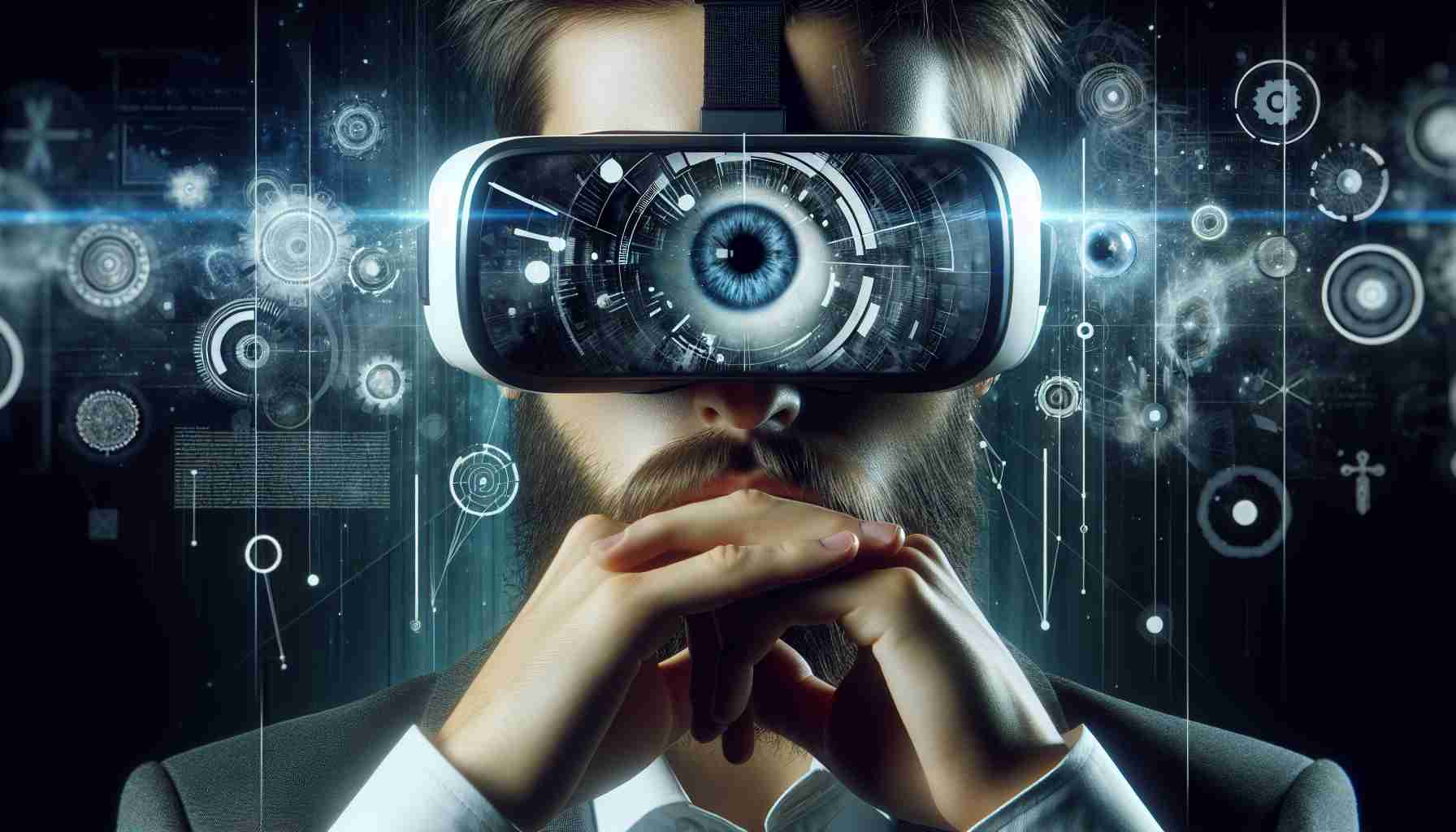Virtual reality (VR) technology has opened up new avenues for exploring and understanding visual impairments, providing a unique perspective on conditions such as macular degeneration and diabetic retinopathy. By immersing users in simulated environments, VR technology offers a firsthand experience of the challenges faced by individuals with visual impairments, allowing for a deeper level of empathy and insight.
The accurate representation of conditions like macular degeneration is now achievable through the integration of eye tracking technology, which enhances the realism of the simulation process. This technological synergy between VR and eye tracking has revolutionized the way we approach empathy-building and awareness-raising activities related to visual impairments.
Researchers are constantly pushing the boundaries of VR and eye tracking applications, unveiling the transformative potential these technologies hold in fostering understanding and compassion towards those living with visual impairments. Through these immersive experiences, users gain a profound appreciation for the daily obstacles and triumphs of individuals facing visual challenges.












